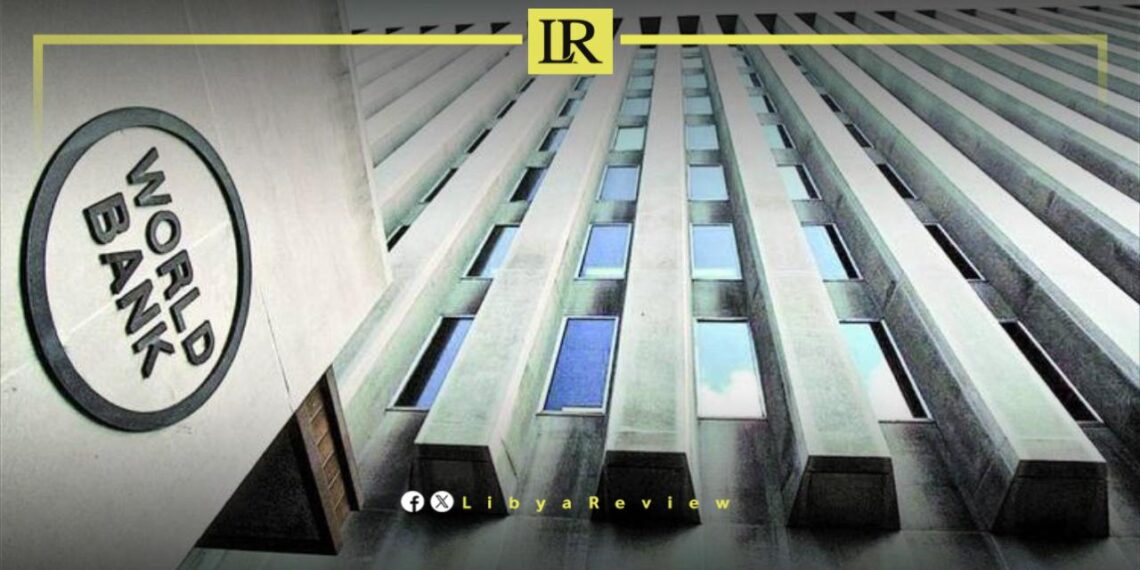The World Bank has reported that Libya’s economy is set to face significant challenges in 2025, despite a central agreement that revived oil production. The Gross Domestic Product (GDP) is projected to contract by 2.7% in 2025.
The outlook, the report noted, is heavily dependent on sustained political stability and strategic efforts to diversify Libya’s economy away from its overwhelming reliance on hydrocarbons.
In the first ten months of 2024, oil production fell by 8.5% due to a central bank crisis, dropping from 1.17 million barrels per day to 0.54 million barrels in September. However, production rebounded, reaching 1.3 million barrels per day by late October.
Oil prices remained steady at approximately $80 per barrel, similar to 2023 levels. This stability occurred despite weakened global demand—particularly from China—and rising regional geopolitical risks.
The report estimated Libya’s economic losses over the past decade at around $600 billion. The GDP for 2023 could have been 74% higher had the country avoided conflict.
Libya’s economy faces ongoing challenges, including heavy dependence on oil exports, limited economic diversification, low productivity, and deteriorating health and education services.
Looking ahead, the World Bank projects Libya’s GDP growth to surge to 9.6% in 2025 and 8.4% in 2026, driven by increased oil and gas production.
Future priorities for Libya include strengthening security, stability, and governance. With a Gross National Income (GNI) per capita of $7,570 in 2023, Libya is classified as a middle-income country.
The World Bank emphasised that focusing on non-oil sectors and fostering private-sector-led growth could unlock high-value job opportunities, improve development indicators, and enhance living standards for Libyans.


